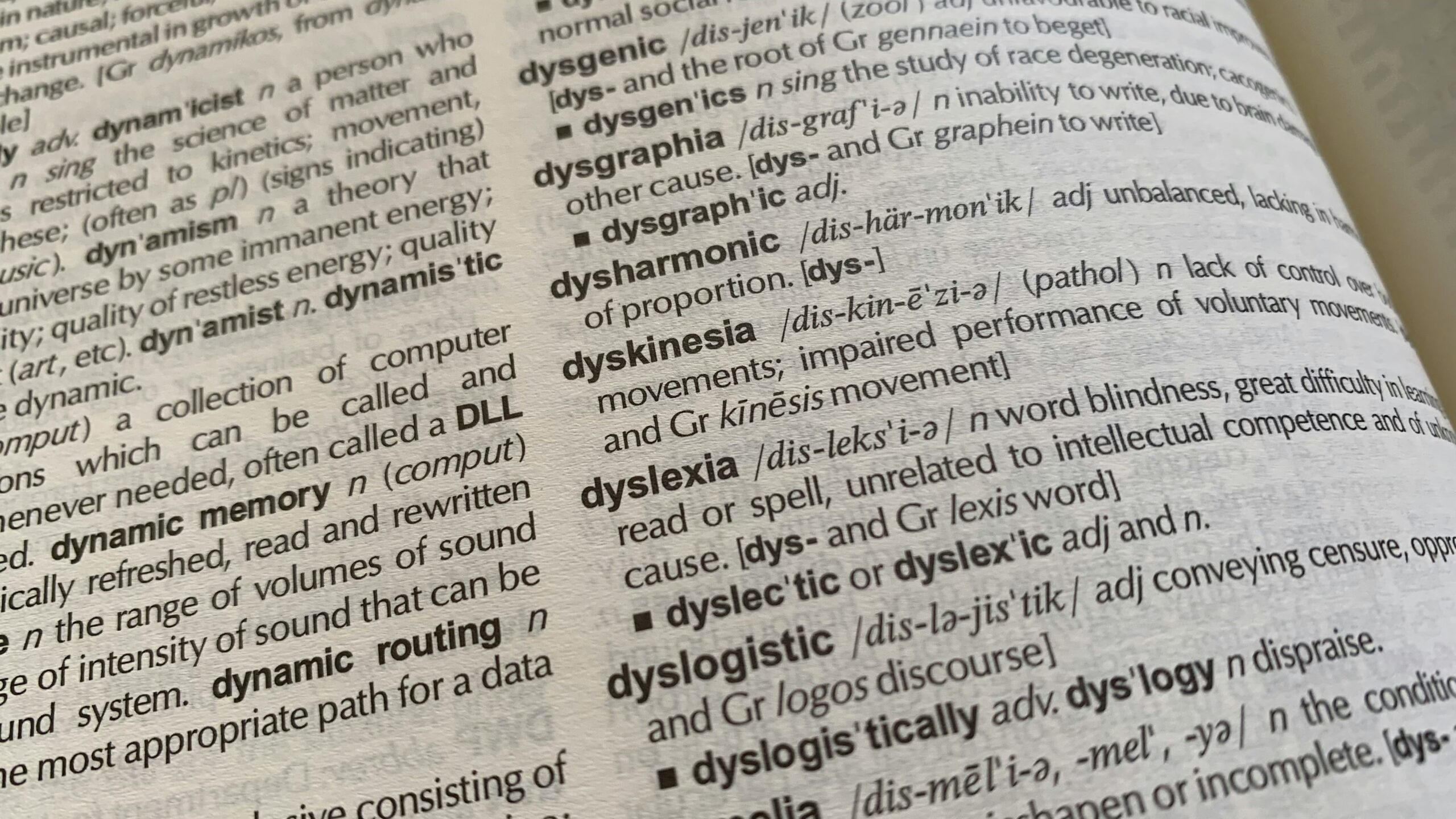28 Oct 2022
Am I autistic?
Autism in Childhood
The signs and symptoms of autism vary depending on age, sex and severity, but across all people will be difficulties with social skills, along with unusual or repetitive behaviours.
We look across your entire lifespan for evidence of the following:
- Delayed speech development, loss of language skills or unusual speech content
- Unusual tone, rate or volume of speech, including speaking in an American accent
- Repetition of other people’s speech (e.g. parents, TV characters)
- Difficulty using and reading non-verbal communication, such as eye contact, gesture and facial expression
- Failure to initiate contact with others for purely social purposes – they might initiate if they need help or if it is related to their interests
- Unusual response to social situations – they might not respond at all or their response might be limited
- Lack of reciprocity so interactions feel one-sided/not expressing interest in others
- Lack of interest in children and/or difficulty maintaining friendships
- Interests that are unusual in their topic or in their level of intensity
- Preference for routine and sameness, and anxiety if something unexpected happens
- Repetitive play, such as lining up toys or objects
- Unusual hand or body movements
- Sensitivity to sensory experiences (e.g. noise) or sensory-seeking behaviour
- Lack of imagination of creativity in play
Autism in Adult
If you have got to adulthood without being diagnosed, it is most probably because your difficulties in these areas are subtle and you have learnt ways to cope with or overcome them. This does not mean that your difficulties are any less significant or impairing.
In fact, you may now be seeking an assessment because you are so overwhelmed or exhausted of trying to maintain a front.
In addition to the symptoms above, the adults with autism that we see in clinic tend to share the following characteristics:
- History of incorrect mental health diagnoses
- Gender identity issues
- Anxiety and/or depression
- Sleep impairments
- Emotional outbursts or meltdowns
- Vulnerability to being taken advantage of
Ready to book an assessment?
The Autism Service is committed to expanding its network of clinics to enable clients to access timely gold-standard assessments in their area.
Related posts

30 Dec, 2024
ADHD and Dyslexia: Similarities & Differences

30 Dec, 2024
ADHD and Dyspraxia: Similarities & Differences

28 Nov, 2024
Autism and Bedtime

31 Jul, 2024